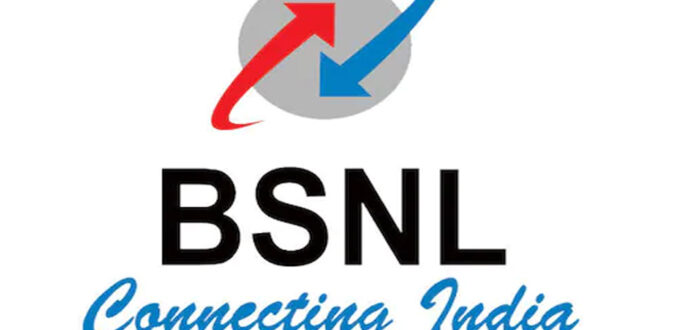Even when the government has agreed to the RS 1.64-Lakh-Crore RS Raunch Package for BSNL, the results in increasing the company are expected to be seen in the next two years. The package will be in the form of cash and non-cash components. BSNL has faced profitability problems apart from operational and debt problems. This is the problem and what steps the government has taken so far for its resurrection:
What is the problem with BSNL?
Bharat Sanchar Nigam Limited (BSNL) continues to be targeted to make losses. BSNL loss in 2019-20 was established in Rs 15,500 Crore, which was reduced by half of the RS 7,441 Crore in 2020-21 after the Awakening Package in 2019. The Minister of State for Devusinh Chauhan Communication has informed that BSNL suffered losses of 50,631 Crore Hospital in the past five years .
State -owned telecommunications companies now have a debt of 33,000 crore hospitals. However, his debt is far less than his personal sector partners such as Vodafone and Airtel. As on March 31, 2022, the total vodafone debt (including the interest obtained but not due) was RS 1.97,878.2 Crore and the company had around RS 8.160 CRORE Payment which was due for the next 12 months.
AIRTEL net debt (excluding rental responsibility) of RS 1.23,500 Crore experienced a limited reduction due to the acquisition of the Indus Towers shares and the capitalization of AGR (gross income).
Also, BSNL has no 4G connectivity based on all-India. The telco is expected to complete the launch of 4G in 2020. However, the government canceled 4G tender for BSNL in 2020. Now, the government on Wednesday (July 27) said BSNL will be allocated a spectrum in 900/1800 MHZ band administratively at the hospital fee. 44,993 Crore through equity infusion, to improve existing services and provide 4G services.
What steps have the government have taken so far to overcome the problem?
In 2019, the government had proposed plans to combine Bharat Sanchar Nigam Ltd (BSNL) and Mahanagara Telphone Limited (MTNL), to revive the two state -owned companies that were shaken under losses. The government also directed the Monetization Program of RS 38,000 CRORE assets, the issuance of sovereign bonds of RS 15,000 Crore and implemented a voluntary pension scheme (VRS) for BSNL and MTNL employees.
Then the Minister of Telecommunications Ravi Shankar Prasad said the government, along with other necessary steps, would also instill RS 29,937 Crore for the revival of BSNL and MTNL.
As a result of the resurrection plan, EBITDA BSNL (operating profit) changed positively in 2020-21.
Now, within three years, the government has again announced the revival package to reverse BSNL further. Apart from more than RS 40,000 crore cash support, the government said the allocation of spectrum administration for 4G and 5G services for BSNL has also been given green light, in addition to approved the expansion and improvement of its infrastructure. After the implementation of the revival package, BSNL will be able to expand 4G services to increase ARPU (average income per user) to RS 170-180.
The Minister of Telecommunications Ashwini Vaishnaw said the package would be given staggering -Huyung, spread for four years. However, 70 percent of support will be extended in 1-2 years. The Minister of Telecommunications said the results would be seen in the next two years and BSNL would launch a 4G service.
However, the government has postponed the BSNL-MTNL mergers for financial reasons that include the high MTNL debt. However, it has approved the merger of BSNL and Bharat Broadband Network Limited (BBNL).


No Comments Yet